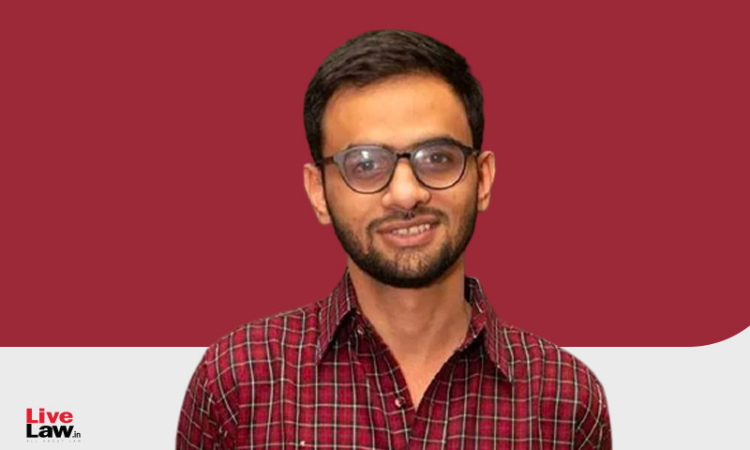Delhi Riots: No Order On Umar Khalid's Bail Plea Today, Court Defers Pronouncement To March 21
Nupur Thapliyal
14 March 2022 11:43 AM IST

Next Story
14 March 2022 11:43 AM IST
A Delhi Court on Monday deferred passing orders on the bail plea moved by student activist Umar Khalid in connection with a case alleging larger conspiracy into the Delhi riots of 2020, involving charges under Indian Penal Code and UAPA. Written submissions for Umar Khalid were filed on the weekend.Additional Sessions Judge Amitabh Rawat will now pronounce the order on March 21.The order...
